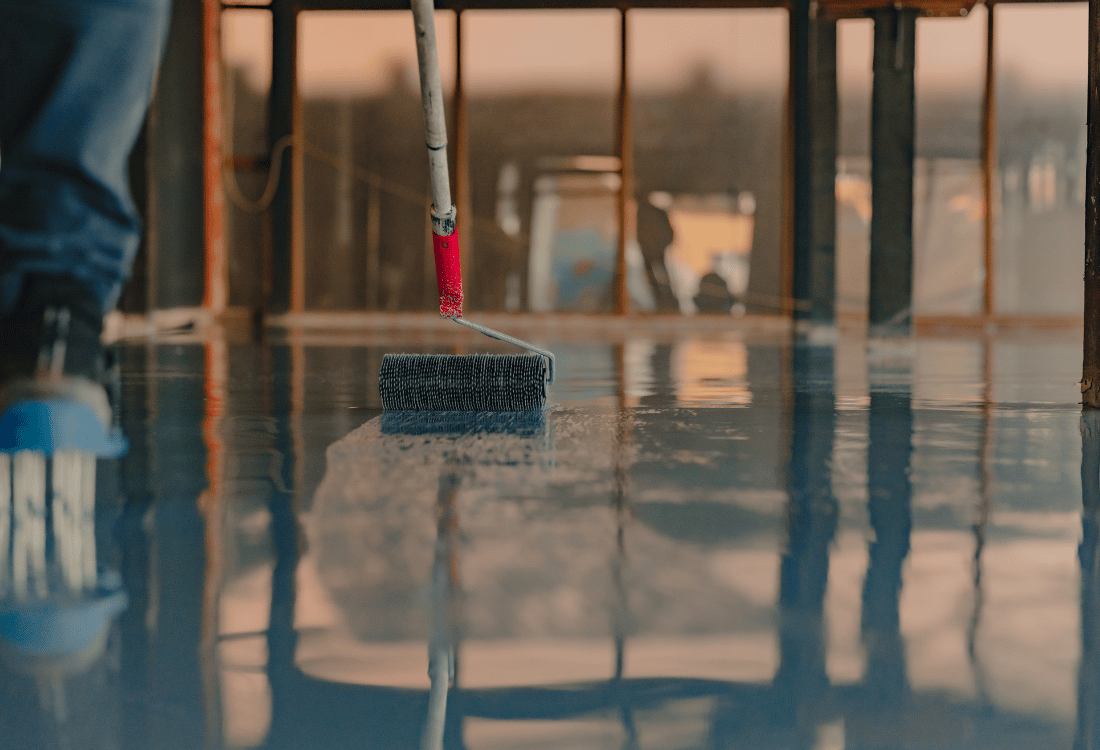What Is The Best Chemical Resistant Flooring For Laboratory?
Laboratory environments require very specific conditions that align with strict standards of hygiene, durability and safety. Unlike most domestic or commercial settings, laboratory floors need to be able to withstand exposure to harsh chemicals, extremes of temperature, heavy foot traffic and a very comprehensive cleaning regime (often using strong disinfectants).
All of which makes choosing chemical resistant flooring for laboratory environments absolutely essential. This will ensure that lab spaces comply with safety regulations and reduce the risk of accidents and injury.
Laboratory environments require durable floors that are capable of withstanding chemical spills from materials that may be corrosive, such as acids, alkalis and solvents. In order to ensure the floor does not degrade over time, it needs to be designed with a high level of chemical resistance. However, as well as this durability, chemical resistant coatings also need to deliver on other fronts. For example, floor surfaces also need to be smooth and seamless, both to prevent trip hazards from developing, but also so that bacteria and other infectants do not have anywhere to accumulate. This is particularly important in pharmaceutical, biotech and medical research facilities.
Cleaning and Temperature Resistance
Laboratory floors are subject to regular and intense cleaning, generally using strong detergents and disinfectants. High temperature cleaning options may also be used to sterilise specific areas, so flooring needs to be able to stand up to this level of hygienic cleaning. Any lab where biological materials are used may also require specific decontamination chemicals, and in these cases, flooring must be chosen to meet these demands.
Durability and Safety
Durability is a key factor when choosing a chemical resistant floor coating, and for a number of reasons. First, given the high foot traffic they will experience, they need to be strong enough to withstand this pressure without showing signs of age and wear. A more durable floor will need less maintenance and repair and represent better value in the long run. Chemical resistant surfaces also stop substances from penetrating the floor surface, which also offers protection to the subfloor.
Floors also need to be slip resistant and safe in working environments. Spillages can happen, but floors with a high coefficient of friction can provide traction even when wet. This reduces the risks of slips or falls in the workplace.
Chemical Resistant Epoxy Floor Coating: A Strong Option
Chemical resistant epoxy floor coating is one of the best options for laboratory spaces because it delivers on all of the above metrics and more. This type of flooring is known for its durability and strength, as it creates a seamless and non-porous surface that prevents chemical absorption. It also provides excellent weight bearing capacity and can maintain its structural integrity even under extreme conditions.
To find out more about our chemical resistant floor coating options, download our guide or get in touch with a member of our team to discuss your requirements.
You May Also Like
These Related Stories

The Best Flooring Solutions For Food & Drink Processing Businesses

Why An Industrial Resin Floor Is The Best Solution For Manufacturers


